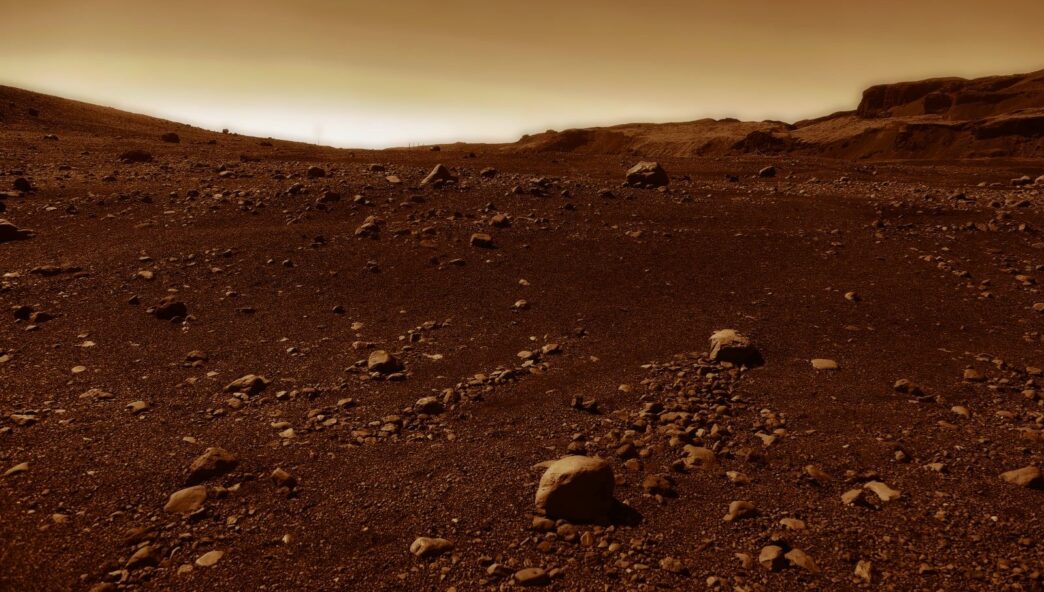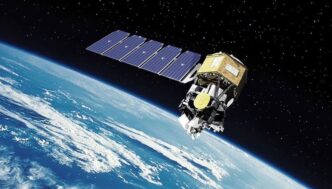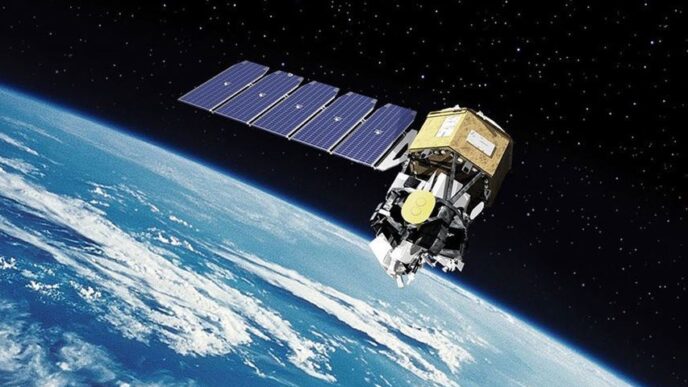The high carbon dioxide in the Martian atmosphere presents an opportunity for scientists looking to create resources directly on the planet. Researchers at the University of British Columbia have discovered a method that could convert Martian carbon dioxide into fuel and plastic using thermoelectric generators. This discovery could be critical to the sustainable colonization of Mars.
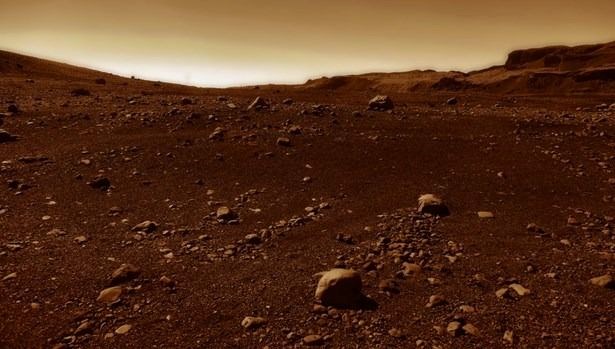

The Martian atmosphere, which is about 95 percent carbon dioxide, has been the focus of resource production plans.
Researchers suggest that thermoelectric generators could use temperature changes to convert Martian carbon dioxide into fuel.
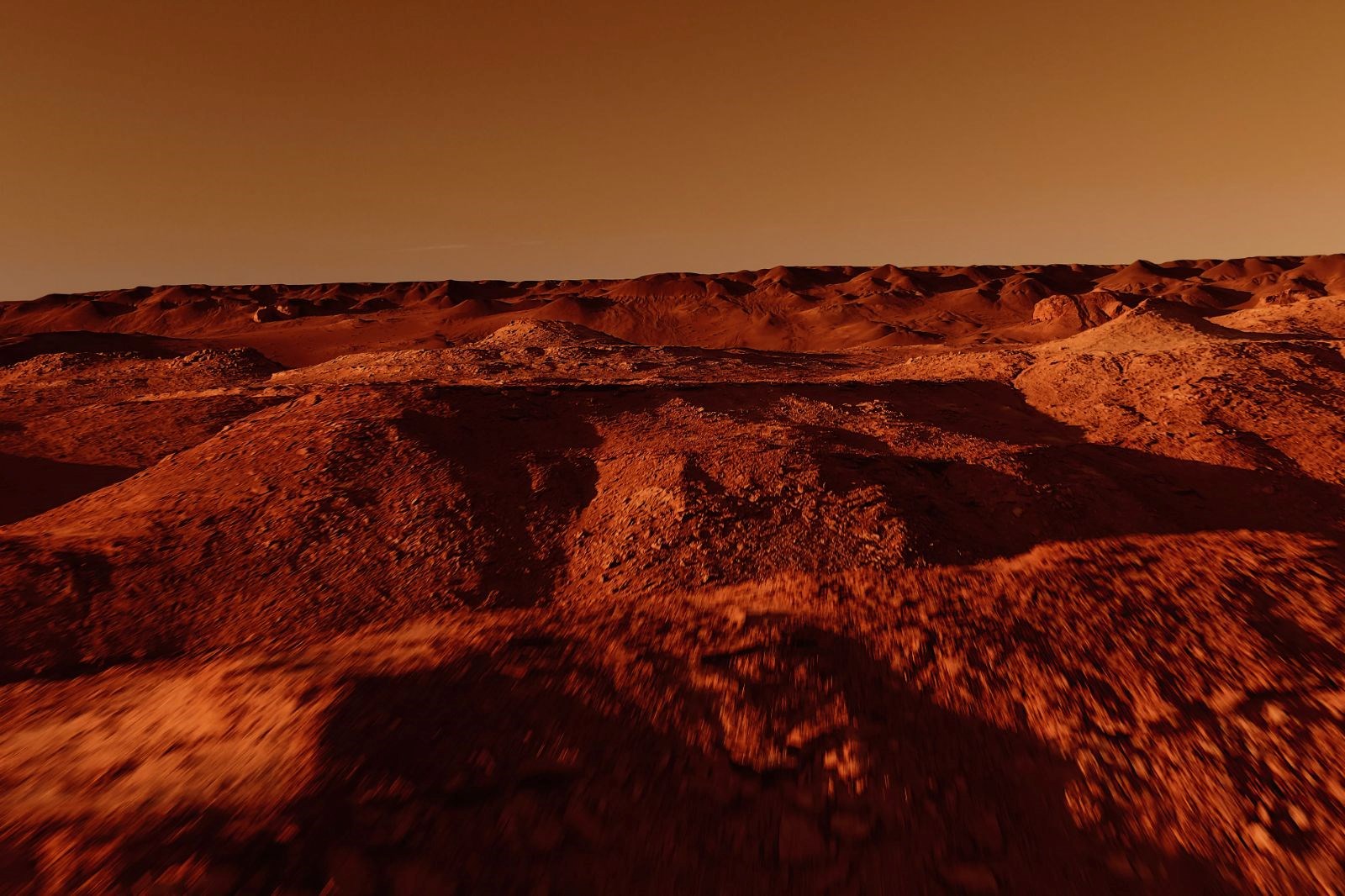

By installing thermoelectric generators on the exteriors of these biodomes, researchers aim to take advantage of the sharp temperature contrasts between the warmth of the interior and the extreme Martian cold outside.
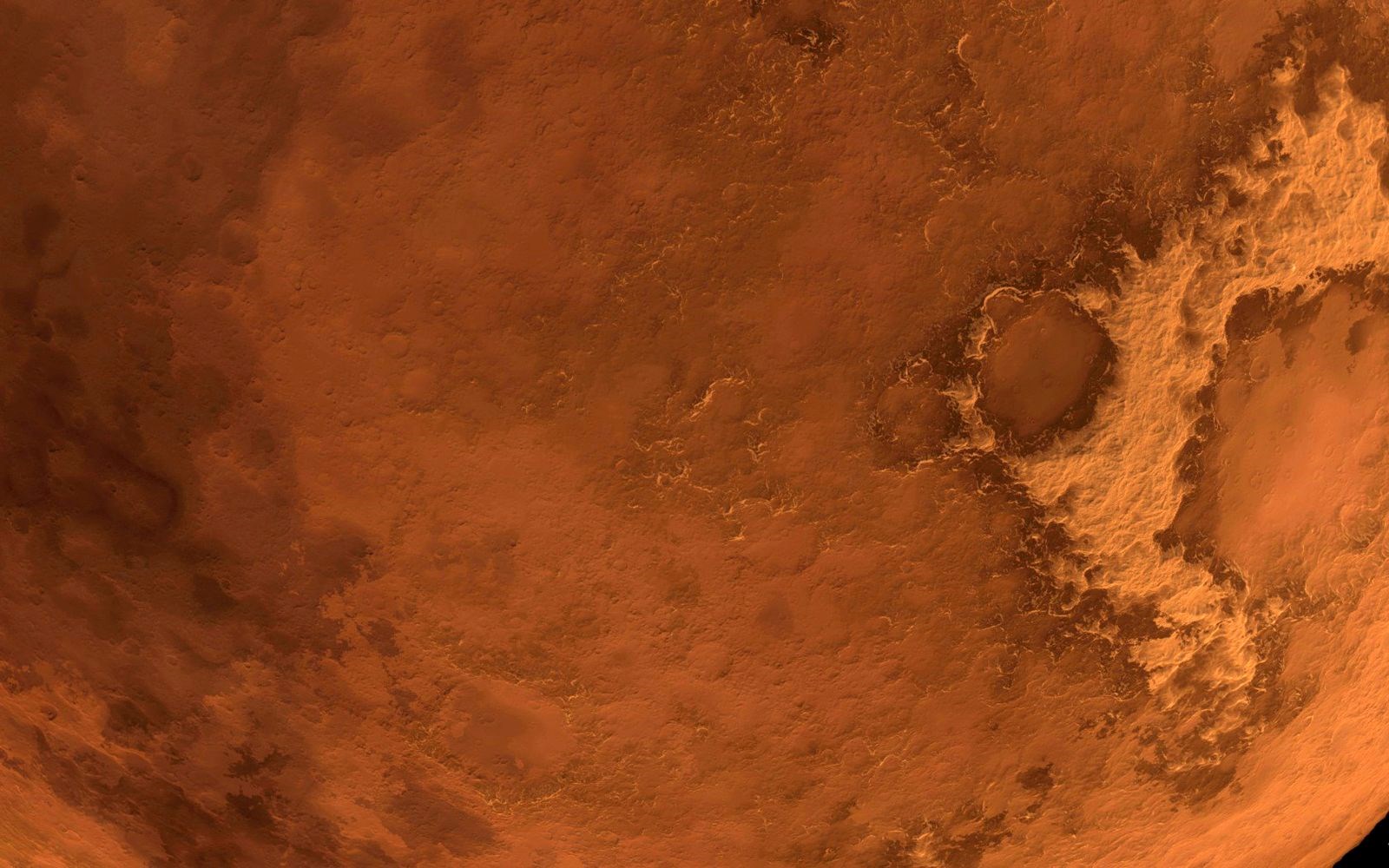
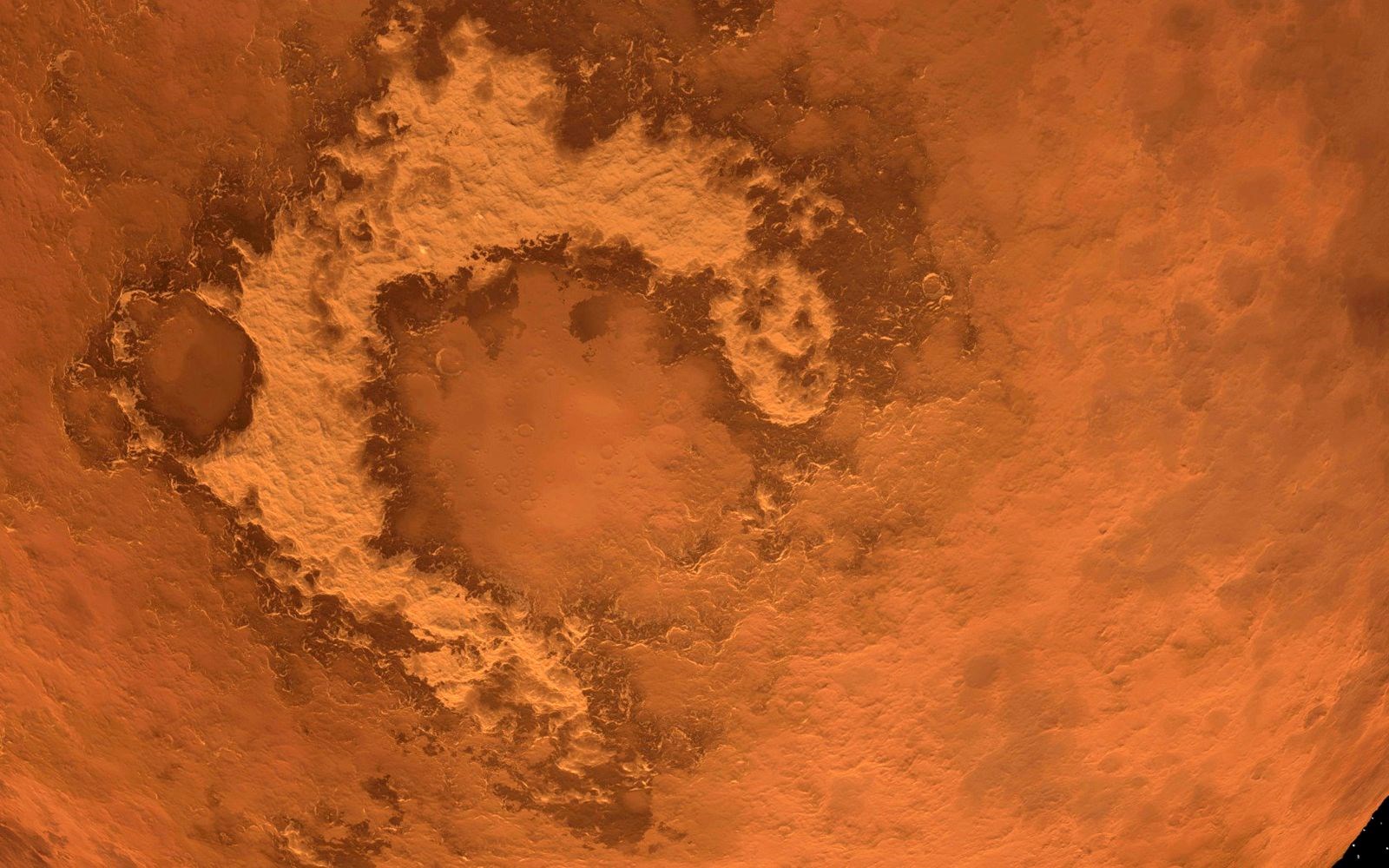
As scientists continue to develop the technology, this breakthrough could be critical to the sustainable colonization of Mars.
Developing an autonomous system to produce fuels, chemicals, and materials directly on Mars would be crucial to a long-term human presence on the planet.
This carbon dioxide conversion approach brings the vision of living on Mars closer to reality by offering an innovative path toward a self-sufficient colony.

